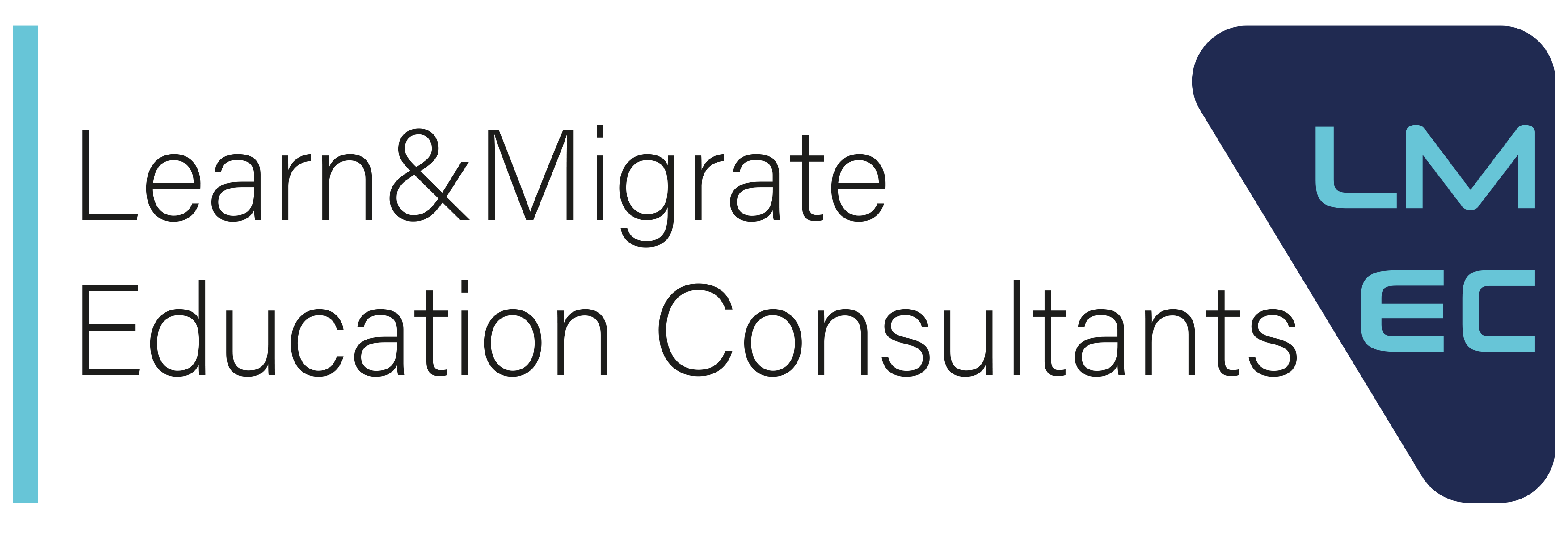- info@learnandmigrate.com
- BANGLADESH
- +880 16 2320 3225
Canada
Details
Canada offers high-quality education, diverse culture, and work opportunities for students.
Education Requirement
International students in Canada must have a high school diploma for undergraduate programs or a bachelor's degree for graduate studies. They need to prove English or French proficiency (e.g., IELTS/TOEFL) and meet specific program entry requirements.
Proficiency Requirement
International students in Canada may need to provide work experience for certain programs, especially at the postgraduate level. Some courses, like business or engineering, may require a relevant background. Proof of English/French proficiency (e.g., IELTS/TOEFL) is also necessary.
MOI
Depends on the universites and programs you are applying for.
Available Intakes
Canada has three main intakes for international students: Fall (September), Winter (January), and Summer (May). Fall is the most popular intake, while Winter and Summer are available for select programs. Deadlines vary, so it's important to check with individual institutions.
Study Related
Studying in Canada offers high-quality education, with tuition fees ranging from CAD 7,000 to CAD 29,000 annually. Living costs range from CAD 10,000 to CAD 15,000 per year. Canada is known for its diverse culture, safe environment, and post-graduation work opportunities.
Part-Time Work
International students in Canada can work up to 20 hours per week during semesters and full-time during breaks. They can work on or off-campus, with a valid study permit. After 6 months of study, students are eligible for part-time work in various fields.
Post-Work Permit
International students in Canada can apply for a Post-Graduation Work Permit (PGWP) after completing a program of at least 8 months. The permit allows them to work in Canada for up to 3 years, depending on the program length, without needing a job offer.
Dependants
International students in Canada can bring dependents (spouse/children) if they meet specific financial requirements. The spouse can apply for an open work permit, while children can study at Canadian schools. The student must show enough funds to support dependents.

